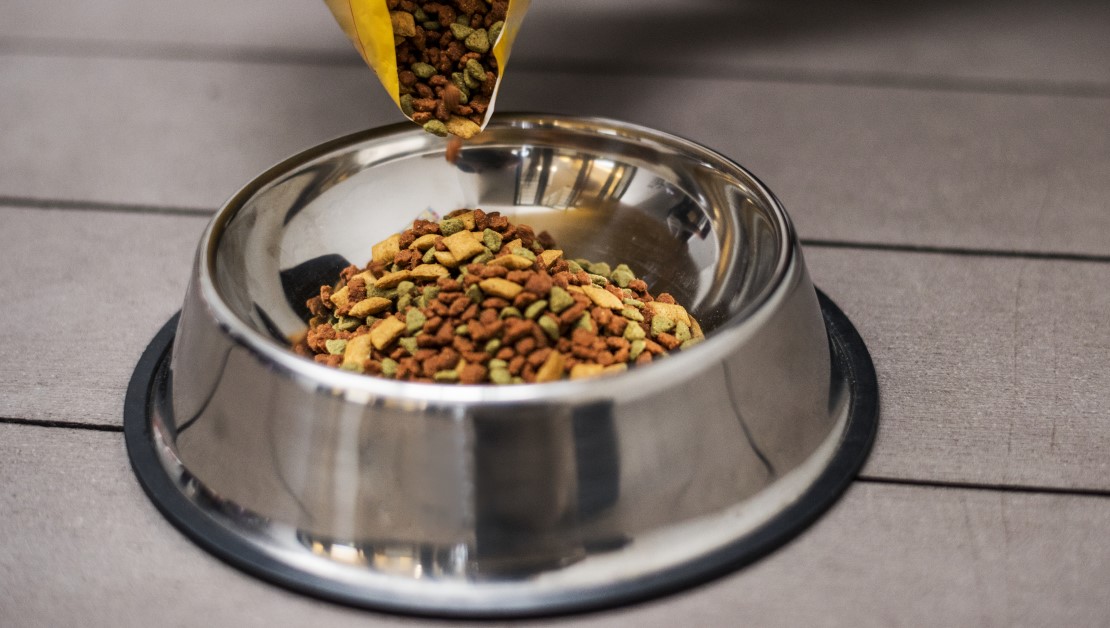What Causes Bad Breath in Dogs?
A dog uses his mouth for many important things. Keeping his mouth healthy is vital.

A dog uses his mouth for many things. Among these uses would be to eat, to communicate with humans and other animals, to gnaw, crush, and grind things. A dog also uses its mouth to carry food and objects from one place to another. Needless to say, the mouth has a very significant function in your dog’s life. When you notice that your dog has bad breath, it could be a sign of a health problem that needs to be addressed right away.
Periodontal Disease
This is a condition brought about mostly by the accumulation of tartar in the mouth. It is a common disease that about 50-80% of dogs have. Food particles left in the mouth after a meal will eventually decompose. As a result, bacteria will grow in numbers forming plaque and tartar.
When this happens, tartar will push the gums farther from the teeth, causing them to loosen as time passes by. Loosened teeth can expose root sockets, thereby infecting it. Infection then goes to the bloodstream, and then on to the liver, kidney, and eventually, the heart.
Signs of Periodontal Disease
The following are tell-tale signs of the disease:
- Change in eating habits.
- Pawing at the mouth
- Excessive drooling
- Tenderness in the mouth
- Oral bleeding
- Inflammation and swelling (face, particularly around the eyes)
- Nasal discharge
- Sneezing
- Bad breath
Of all the common symptoms, the most obvious would be bad breath.
Treatment
Once you suspect your dog has periodontal disease, take him to the vet right away. He can clean your dog’s mouth and prescribe medication, possibly antibiotics.
Prevention
Food has something to do with it. Studies show that a diet consisting mostly of canned meals (soft food) is never a good idea. Experts agree that dry food lowers the risk of getting this disease.
Another way to prevent periodontal disease is to have dental checkups once a year. You can also give your dog herbal supplements, of which Echinacea is often recommended. Ask your veterinarian which supplements they recommend for your dog. Brushing! Just like us, we can keep our dog’s mouth clean and healthy with regular brushing.
You have a role to play in ensuring your dog is in the best of health. Do not wait until such time when he is already suffering from problems in his liver, kidney, and heart. Keep his mouth and body healthy.
Ready to start saving money on pet wellness care?
Then take a look at Mint Wellness, the pet wellness plan that provides fast reimbursement on routine pet care. Save on vaccinations, wellness exams, preventatives, dental, and more!
Learn More


